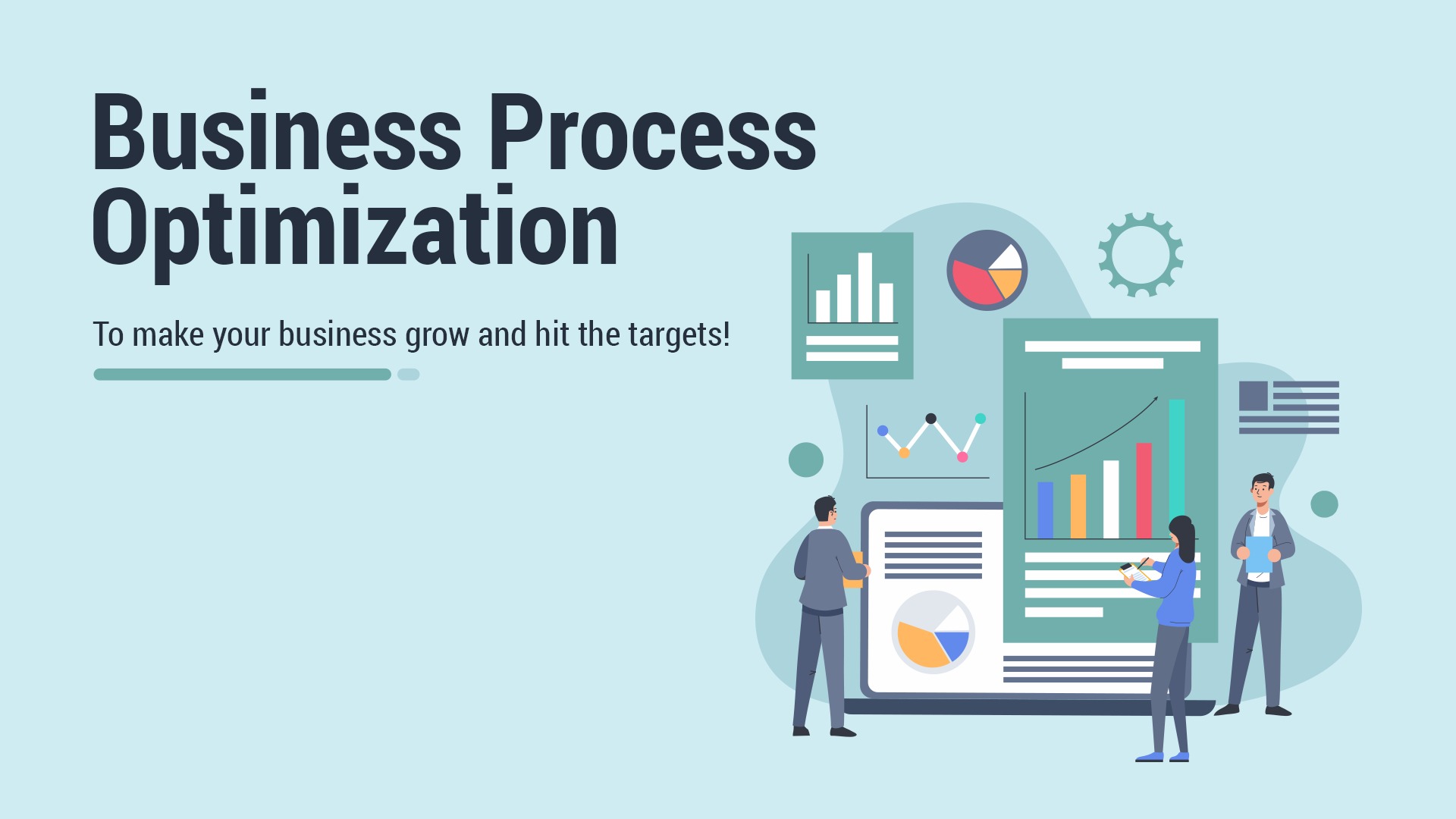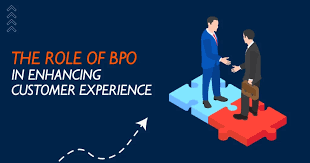The Business Process Outsourcing (BPO) industry has undergone massive transformation over the last decade. From traditional call centers to high-tech knowledge process outsourcing, BPO has evolved to meet the growing demands of businesses worldwide. As we move into 2025, several key trends are shaping the future of outsourcing. Whether you’re a business looking to outsource processes or a professional planning a career in BPO, understanding these trends is crucial.
1. AI and Automation Integration
Artificial Intelligence (AI) is no longer optional for BPO companies. Automation tools and AI-driven solutions are streamlining repetitive tasks, improving accuracy, and reducing costs. From chatbots handling customer queries to AI algorithms processing data, automation is transforming operational efficiency in 2025.
Key Benefits:
-
Faster response times for customer support
-
Reduced human error
-
Improved operational efficiency
2. Remote and Hybrid Work Models
The post-pandemic era has accelerated remote work adoption. Many BPO companies are now offering flexible work models, combining office-based teams with remote professionals. This shift allows access to a global talent pool, reduces overhead costs, and improves employee satisfaction.
Key Benefits:
-
Access to skilled global workforce
-
Reduced operational costs
-
Better work-life balance for employees
3. Cloud-Based BPO Solutions
Cloud computing is transforming how BPO services are delivered. Cloud-based platforms provide scalability, security, and real-time collaboration, allowing BPOs to serve multiple clients efficiently without heavy infrastructure investment.
Key Benefits:
-
Easy scalability and flexibility
-
Enhanced data security
-
Seamless collaboration across locations
4. Focus on Customer Experience
Modern businesses demand more than just cost-effective solutions—they want an exceptional customer experience. BPO companies are now leveraging analytics, AI, and personalized communication strategies to enhance client satisfaction.
Key Benefits:
-
Improved customer loyalty
-
Data-driven insights for better decision-making
-
Increased client retention
5. Specialized BPO Services
General outsourcing is being replaced by specialized BPO services, also known as Knowledge Process Outsourcing (KPO). Companies are outsourcing tasks like finance, HR, IT support, healthcare services, and legal processes to experts, improving quality and efficiency.
Key Benefits:
-
High-quality output from specialists
-
Reduced risk and errors
-
Competitive advantage for clients
6. Sustainable and Ethical Outsourcing
In 2025, businesses are prioritizing sustainability and ethics. BPO providers are adopting green practices, ensuring labor compliance, and maintaining transparency. Clients increasingly prefer outsourcing partners who align with their corporate social responsibility (CSR) goals.
Key Benefits:
-
Positive brand reputation
-
Compliance with global regulations
-
Sustainable business growth
7. Data Security and Privacy Focus
As data breaches and cyber threats increase, BPO companies are investing heavily in security measures. Encryption, secure cloud storage, and compliance with global standards like GDPR and CCPA are becoming standard practices.
Key Benefits:
-
Protect sensitive client information
-
Build trust with clients
-
Avoid legal penalties
Conclusion
The BPO industry in 2025 is dynamic, technology-driven, and focused on value delivery. From AI automation to cloud solutions, specialized services, and remote work, businesses must adapt to these trends to stay competitive. By embracing these changes, BPO providers can enhance efficiency, deliver exceptional customer experience, and ensure sustainable growth.
Staying ahead in the outsourcing world means understanding these trends and implementing them strategically. The future of BPO is smart, scalable, and customer-centric.



